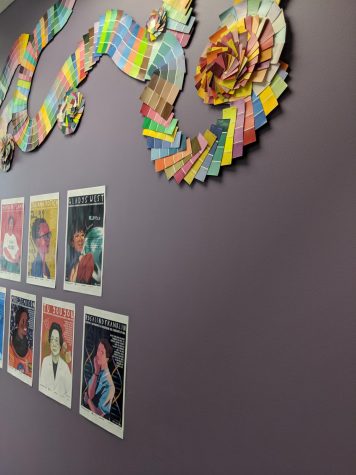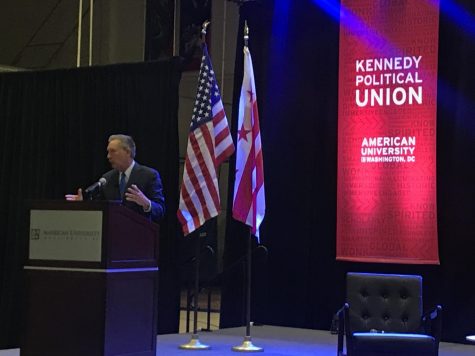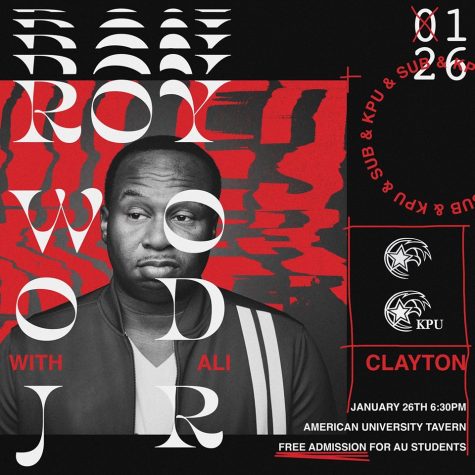Photo Essay: Take Me to Church
In June of 2010, President Obama was attending Easter service at Allen Chapel in Southeast DC after a violent shooting in the neighborhood. In that area that kind of crime is not uncommon.
The ministries and the church are supported with a budget from the tithes and offerings members and visitors make at service or online through the church’s website.
“It’s a decision you make based on your relationship with God,” says Michael Bell Jr., Allen Chapel’s executive minister and son of the church’s pastor. “The more we have, the more we can do.”
The church’s budget is not publicly available, but Bell estimates that there are close to 4,000 members and said their budget is usually about $2 million per year. He says while they haven’t been growing financially, they have seen an increase in membership and that the latter is more important.



“We don’t have much, but we help each other,” Jackie Lexington, said. She’s been a member of Allen Chapel for a year and started a ministry that helps feed the homeless. Once a month they bring homemade meals to about 200 people using the church van.
“It’s about connecting with them and letting them know they’re not forgotten,” Lexington said. “We’re all just one paycheck away from where they are.”

The Rev. Dr. Glenda F. Hodges, who delivered the sermon on Allen Chapel’s annual missionary day, agrees. She says it’s important to be relatable and tells her own story.
“They [the congregation] don’t ever think that someone with five degrees could lose their job,” she said. “It’s not about where you come from, but about using your abilities and seeing where they can take you.”
Hodges grew up with the church. Her father was a pastor.She’s passed through three different denominations, before settling on this one, which is African Methodist Episcopal. Hodges says she was born into the Pentecostal church but that she left because of the many rules barring women from activities like wearing makeup or pants. She says she also spent time in the Baptist church but left because they don’t ordain women.


Hodges says the black church is the central focus for a lot of African Americans because it has played such a pivotal role in their lives historically. The church was where many newly freed slaves got educated, was often a hospital and served an important social function.
Now though, Hodges says church attendance in the black community is waning.
“Fifty years ago there wasn’t a light on in the streets at 7 o’clock because everyone was in church,” she said. “Nowadays a lot of people don’t see the church as essential to their lives.”






